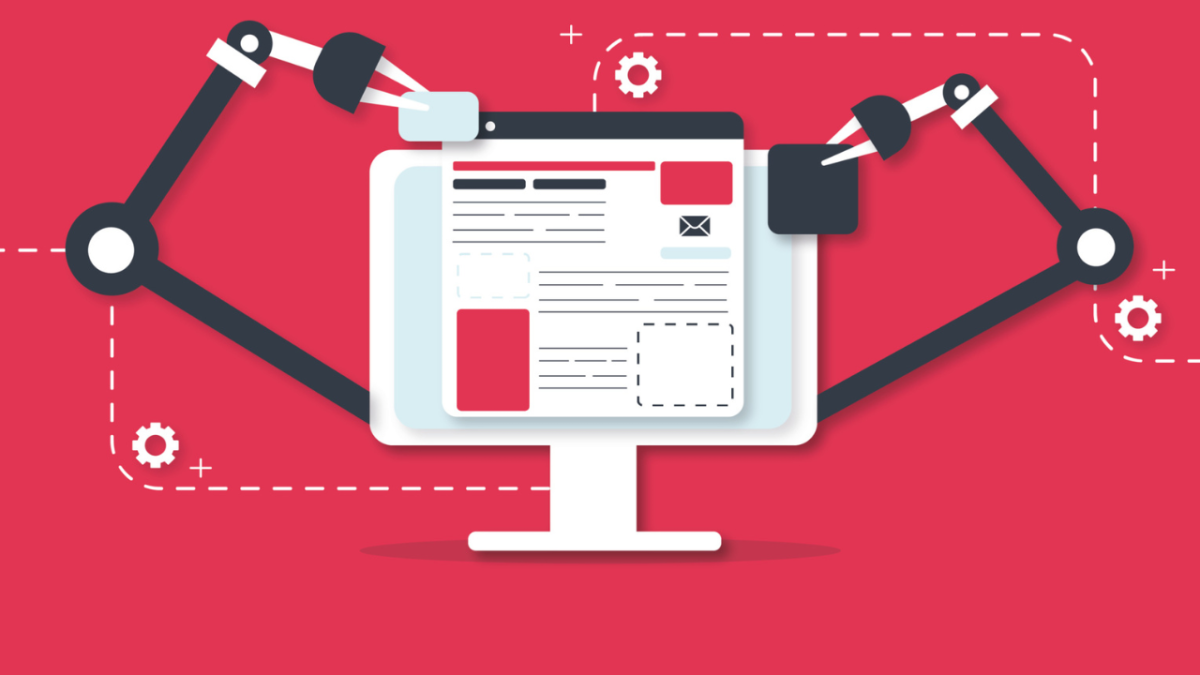Introduction
Scaling a business is a critical milestone that requires streamlined operations, cost efficiency, and the ability to meet growing demands. In 2025, automation continues to be a driving force behind scalable growth for businesses of all sizes. By leveraging technology to handle repetitive tasks, improve workflows, and enhance customer experiences, businesses can focus their resources on innovation and expansion. This post explores why automation is indispensable for scaling your business in the modern era.
Efficiency and Productivity Through Automation
One of the primary benefits of automation is the significant boost in efficiency. Replacing manual processes with automated workflows ensures tasks are completed faster and with greater accuracy. For example:
- Automating Data Entry: Tools like Zapier and Microsoft Power Automate integrate systems to eliminate redundant data entry.
- Streamlined Communication: Platforms like Slack and Microsoft Teams automate notifications, updates, and scheduling.
These solutions allow employees to focus on value-driven activities instead of repetitive, time-consuming tasks, ultimately improving productivity.
Cost Savings with Automation
Scaling often comes with increased costs, including hiring more employees, upgrading infrastructure, and managing larger operations. Automation helps minimize these expenses by:
- Reducing labor costs with tools that perform repetitive work.
- Eliminating costly human errors in areas like accounting or inventory management.
- Scaling operations without the need for proportional investment in resources.
For example, small businesses can use e-commerce automation tools to manage orders, shipping, and returns without adding staff.
Enhancing Customer Experience
As businesses scale, maintaining high-quality customer service can be challenging. Automation bridges this gap by:
- 24/7 Support: AI-powered chatbots handle inquiries around the clock.
- Personalization: Tools analyze customer data to provide tailored recommendations and offers.
- Faster Response Times: Automated ticketing systems route customer requests efficiently.
Satisfied customers are more likely to remain loyal and recommend your business, directly contributing to growth.
Scalability Without Complexity
Automation simplifies the process of scaling by ensuring that as your customer base or workload grows, your systems can handle the increased demand. For instance:
- Automated inventory management prevents stock shortages as order volumes increase.
- Marketing automation tools like HubSpot and Mailchimp enable businesses to expand campaigns effortlessly, reaching larger audiences without extra work.
This scalability allows businesses to adapt to growth without overburdening existing teams.
Key Areas of Automation for Scaling
To successfully scale, businesses must prioritize automating the following areas:
- Marketing Automation: Use tools like ActiveCampaign for email campaigns and lead nurturing.
- Sales Automation: Implement CRM software to automate follow-ups and pipeline tracking.
- Finance Automation: Streamline invoicing, payroll, and expense management with platforms like QuickBooks.
- Customer Support: Deploy AI chatbots and help desk systems for efficient service.
By focusing on these areas, businesses can create a strong foundation for sustainable growth.
The Role of AI in Automation
In 2025, advancements in artificial intelligence (AI) are further enhancing the capabilities of automation tools. AI enables predictive analytics, smarter decision-making, and personalized customer interactions. For example:
- Predictive analytics in e-commerce can forecast trends and optimize inventory.
- AI-powered scheduling tools ensure optimal use of resources and time.
By integrating AI, businesses can unlock new levels of efficiency and adaptability.
Overcoming Challenges in Automation
Adopting automation can come with challenges, such as:
- Initial Costs: The upfront investment can be daunting, but the long-term savings and scalability outweigh the expense.
- Learning Curve: Employees may need training to work alongside new tools.
Businesses should start small by automating one or two critical processes before scaling automation across all departments.
Final Thoughts
Automation is no longer optional for businesses aiming to scale—it’s essential. By enhancing efficiency, reducing costs, improving customer experiences, and simplifying complex operations, automation empowers businesses to grow sustainably in 2025 and beyond.
Now is the time to evaluate your operations, identify areas ripe for automation, and invest in tools that align with your business goals. Scaling successfully requires more than just ambition; it demands smart, automated systems that propel your business to the next level.
